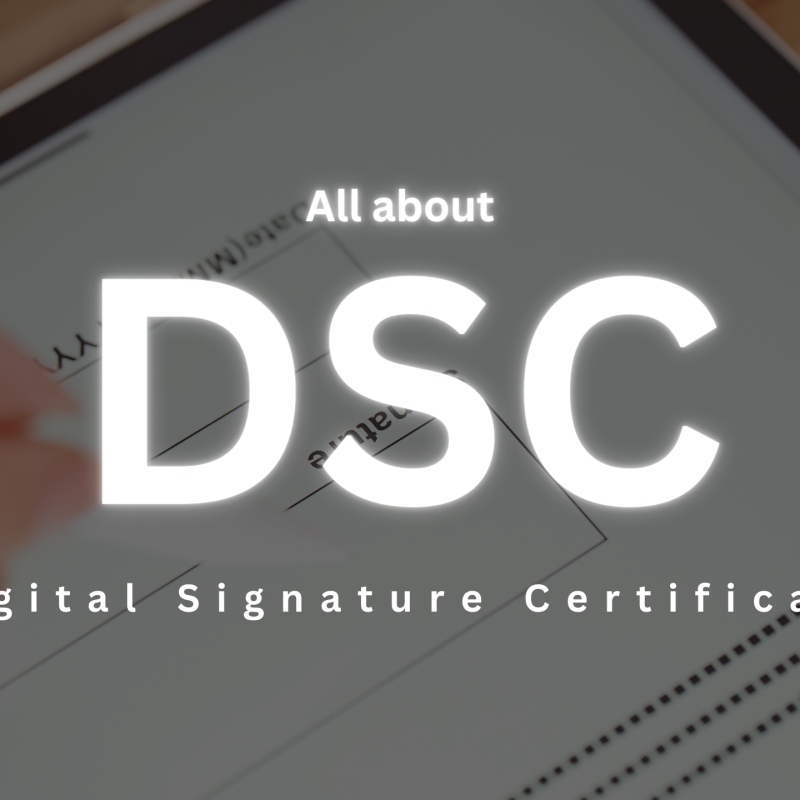India's Micro, Small, and Medium Enterprises (MSMEs) play a critical role in the country’s economic development. With over 63 million MSMEs, this sector contributes significantly to India’s GDP, exports, and employment. For business owners, MSME registration offers numerous advantages, including easier access to credit, government schemes, subsidies, and tax benefits. This blog will guide you through the key benefits, the registration process, and compliance requirements for MSMEs in India.
What is MSME Registration?
MSME registration is a government certification that provides recognition and benefits to micro, small, and medium-sized enterprises in India. This registration is governed by the Micro, Small and Medium Enterprises Development (MSMED) Act, 2006, which defines enterprises based on their investment in plant, machinery, and equipment.
Why is MSME Registration Important?
MSME registration is crucial for businesses looking to establish themselves in the market and leverage government schemes designed to foster growth. Here are some key reasons why registration is important:
- Access to Financial Support: Registered MSMEs are eligible for loans at lower interest rates from banks and financial institutions.
- Government Schemes and Subsidies: The government offers a range of subsidies and incentives for registered MSMEs, including subsidies on patent registration, reduced fees for trademark registration, and various tax exemptions.
- Easier Market Access: MSME registration provides easier access to public procurement, making it simpler for small businesses to supply goods and services to government bodies.
- Protection against Delayed Payments: Registered MSMEs have legal protection against delayed payments from buyers, ensuring timely payments for goods and services rendered.
Eligibility Criteria for MSME Registration
The eligibility for MSME registration depends on the classification of the enterprise:
Micro Enterprises:
- Investment in plant and machinery or equipment: Up to ₹1 crore.
- Annual turnover: Up to ₹5 crore.
Small Enterprises:
- Investment in plant and machinery or equipment: Up to ₹10 crore.
- Annual turnover: Up to ₹50 crore.
Medium Enterprises:
- Investment in plant and machinery or equipment: Up to ₹50 crore.
- Annual turnover: Up to ₹250 crore.
Step-by-Step Process for MSME Registration
- Visit the Udyam Registration Portal: The official portal for MSME registration is the Udyam Registration website.
- Enter Aadhaar Details: The owner’s Aadhaar number is required for registration. The Aadhaar card must be linked to a mobile number to receive OTP for verification.
- Fill Out the Online Application: Provide details such as business name, type of organization, PAN, bank details, and the number of employees.
- Self-Declaration: No documents are required to be uploaded, but a self-declaration confirming the accuracy of the information provided is necessary.
- Submit the Application: Once the details are filled in and verified, submit the application. An e-certificate will be generated upon successful registration.
Compliance Requirements for Registered MSMEs
- Annual Filing: Registered MSMEs must file annual returns and maintain financial records.
- GST Compliance: If the turnover exceeds the specified limit, GST registration and regular filing are mandatory.
- Income Tax Returns: MSMEs are required to file their income tax returns annually, irrespective of their profit or loss.
- Maintenance of Books of Accounts: Proper books of accounts must be maintained to ensure transparency and compliance with the law.
Key Benefits of MSME Registration
- Credit Facilitation: Easier access to loans and credit facilities with lower interest rates.
- Subsidies and Schemes: Access to various government schemes, subsidies, and financial incentives.
- Collateral-Free Loans: Banks and financial institutions offer collateral-free loans to registered MSMEs.
- Market Expansion: Opportunities to participate in government tenders and expand market reach.
- Protection Against Delayed Payments: Legal protection to ensure timely payments from clients and buyers.
Common Challenges Faced by MSMEs
- Lack of Awareness: Many MSMEs are unaware of the benefits and process of registration, leading to missed opportunities.
- Access to Credit: Despite the benefits, some MSMEs still face challenges in obtaining credit due to lack of collateral or stringent lending criteria.
- Compliance Burden: Maintaining compliance with multiple laws and regulations can be overwhelming for small businesses.
- Technological Adaptation: Limited access to technology and digital tools can hinder growth and competitiveness.
FAQs
Is MSME registration mandatory for small businesses in India?
- No, MSME registration is not mandatory, but it is beneficial for availing various government schemes and benefits.
What is the fee for MSME registration in India?
- MSME registration is free of cost on the Udyam Registration portal.
Can an existing business apply for MSME registration?
- Yes, both new and existing businesses can apply for MSME registration.
How long does it take to get the MSME registration certificate?
- The registration process is completed online, and the certificate is typically issued within a few minutes after successful submission.
Are there any tax benefits for registered MSMEs?
- Yes, registered MSMEs can avail of various tax exemptions and rebates, depending on government policies.
Conclusion
MSME registration offers a pathway for small and medium businesses to grow, access financial benefits, and participate in government schemes. By understanding the registration process, compliance requirements, and the benefits it provides, businesses can better position themselves for growth and success in India’s dynamic economic environment.
For more compliance-related services and queries, explore Company24.in or call us at +91 9216472424 to simplify your business journey. And join our WhatsApp community to get detailed regular updates.






